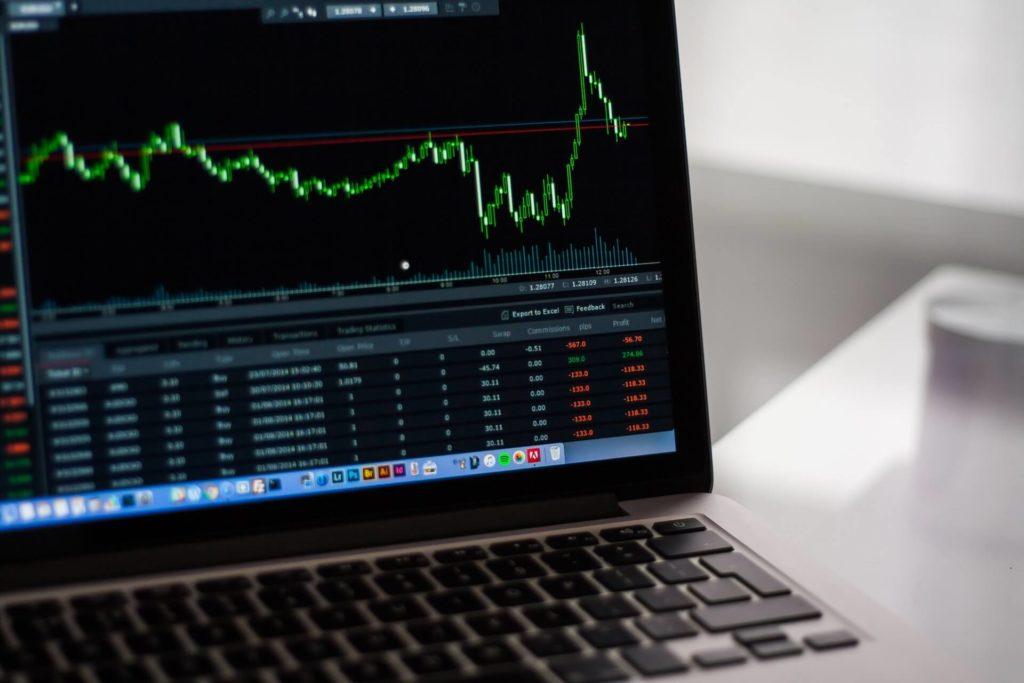Featured
Why technical analysis works in the foreign exchange market
How useful is technical analysis in forex trading?

When it comes to either speculating or investing in the financial markets, there are two main approaches. The first being fundamental analysis and the other being technical analysis. Both these fields of study of the financial markets are different. Yet, they point to the same goal of buying low and selling high.
In forex, technical analysis is the go-to form of study. Technical analysis is merely the study of past prices in order to predict future price movements. Traders focus on a number of methods such as studying chart patterns or using technical indicators derived from price to understand what price will do.
In a way, technical analysis is predictive in nature. It can tell you, with some amount of confidence where price will be at, studying the past price behavior.
Technical analysis vs. fundamental analysis
Traders often debate about which of these two types of analysis is better. The truth is that in order to understand the full scope of the markets that you are trading, both technical and fundamental analysis is required.
Fundamental analysis deals with understanding and studying the reasons behind the price behavior. On the other hand, technical analysis is all about understanding and studying what price will do.
Many traders view technical analysis in isolation. Sometimes, technical analysis works and at times it doesn’t. One of the main differences between fundamental and technical analysis is that the former is subjective in nature.
The interpretation can vary depending on the amount of information one has. Contrarily, technical analysis is objective. It is only when you combine the strengths of both these forms of analysis, that you get a full picture of the market.
Does technical analysis work?
The answer to this depends on how one applies technical analysis. For example, you can be one trader using technical analysis on a 5-minute chart while another can use the same study but on a larger time frame.
The goal with both these different approaches in technical analysis is basically the same, which is to identify what price will do and then determine if it would be ideal to buy or sell.

Up to a certain point, technical analysis can work for traders. This is because you are after all studying the price of the security in question. The price that is reflected on the chart basically depicts the traders’ sentiment behind it.
In a sense, technical analysis is also one way of studying the market sentiment and the trader’s view of the security in question. Because patterns tend to repeat themselves, over time, technical analysis has been able to capitalize on this.
As an example, when you see a bearish engulfing pattern on a price chart that forms near a resistance level, you know that price is more likely to fall than rise. Technically, this can come across as something mysterious.
But if you scratch the surface, this bearish engulfing pattern simply reflects the bearish sentiment in the market. Now when you combine this view with the fundamentals behind the price behavior it brings more meaning.
Technical analysis is not all about buying and selling
For many traders who use automated trading strategies, technical analysis boils down to buying and selling based on the indicators they use. But while this remains a rather simplistic view of technical analysis, remember that the buy and sell signals generated are derived from price itself.
As we know, price is set by the markets which are made up of buyers and sellers. So, if you think that technical analysis is something that is mysterious it really isn’t. Technical analysis simply puts the market sentiment in perspective.
There are times when technical analysis can fail. One of the reasons behind this is the fact that the markets are adjusting to the news. Price discounts all the information that is already available. Therefore, when there is a mismatch on the market’s expectations and the fundamentals, you will notice from time to time that price can behave erratically.
In order to make technical analysis work for you, traders need to have a full understanding of the markets which includes using both fundamental and technical analysis. Remember that both these forms of study complement each other rather than giving opposing views.
—
DISCLAIMER: This article expresses my own ideas and opinions. Any information I have shared are from sources that I believe to be reliable and accurate. I did not receive any financial compensation for writing this post, nor do I own any shares in any company I’ve mentioned. I encourage any reader to do their own diligent research first before making any investment decisions.

-

 Biotech1 week ago
Biotech1 week agoBiotech Booster: €196.4M Fund to Accelerate Dutch Innovation
-

 Markets2 weeks ago
Markets2 weeks agoCoffee Prices Decline Amid Rising Supply and Mixed Harvest Outlooks
-

 Crypto4 days ago
Crypto4 days agoBitcoin Traders Bet on $140,000: Massive Bets until September
-

 Crypto2 weeks ago
Crypto2 weeks agoCaution Prevails as Bitcoin Nears All-Time High

























